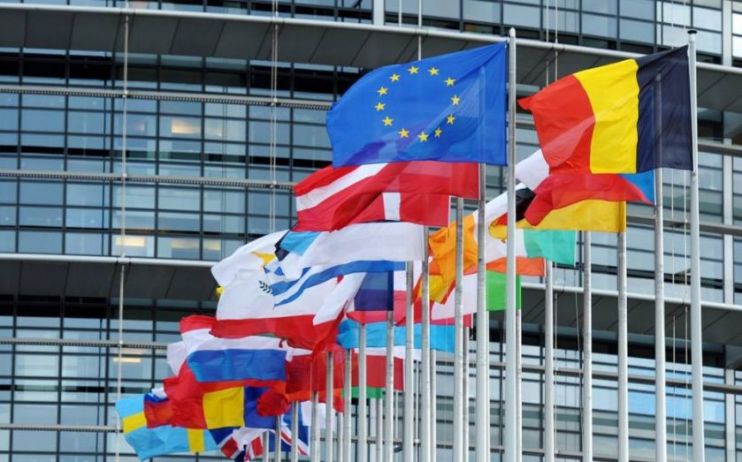Fresh restrictions blanket new Covid epicentre – Europe

Ireland has become the latest European country to impose fresh Covid-19 restrictions, as the continent becomes the epicentre of the pandemic.
From today, the country’s population will work from home where possible, though universities will not sink back into online teaching.
Hospitality has also been impacted, with bars and restaurants having been ordered to close their doors by midnight, while cinemas and theatres will require proof of vaccination.
Irish prime minister Micheal Martin said: “I know that the picture emerging across Europe and the increasing numbers over the last week in our own country are a cause of deep concern.
“I’m taking this step by step and we’ll see closer to the end of this month what the scenario will look in December.”
Austria
Controversially, Austria introduced a nationwide lockdown for its unvaccinated population on Monday, which covers around two million people.
The lockdown, which lasts until November 24, prohibits people over the age of 12 years old who have not yet received a Covid-19 vaccine from leaving their homes except for working, grocery shopping, going to school, for a walk, or getting vaccinated.
Slovakia
Slovakia has also blanketed lockdown restrictions over its unvaccinated population.
Prime minister Eduard Heger confirmed yesterday that services will be limited in the country for those who have not yet had a Covid-19 vaccine.
Netherlands
The Netherlands has implemented a partial lockdown which for a minimum of three weeks.
Dutch prime minister Mark Rutte said: “The measures will have an impact on many people.”
However, a “short, sharp shock” was needed to slash infection rates, the prime minister added, according to Dutch News.
Germany
Germany reportedly looks to be following suit, with chancellor Angela Merkel calling the country’s pandemic situation “dramatic” after breaking a daily infection record.
“The fourth wave is hitting our country with full force,” she told a conference of municipal leaders on Wednesday.
The proposed restrictions could see access to the workplace limited to those who are vaccinated, recovered or those who provide a negative test, according to parliamentary documents published yesterday.
Belgium
Belgium is also expected to haul in restrictions, after a leaked report from the country’s Covid-19 expert group on Monday suggested working from home until the Christmas holidays, according to the Brussels Times.
Though the government instead proposed home working for four days a week.
Sectors are unlikely to be shuttered from the public, including nightclubs, after prime minister Alexander De Croo said yesterday that extra restrictions will likely be rolled out to avoid business closures.
Italy
While in Italy, five regional leaders of the country’s 20 provinces have spoken in favour of following Austria and Slovakia with their targeted lockdowns for the unvaccinated.
“Eventual new lockdowns should not have to be suffered by those who are vaccinated. Restrictions should only apply to those who are not immunized,” governor of Friuli-Venezia Giulia in the northeast of the country, Massimiliano Fedriga said.
Calabria governor Roberto Occhiuto said: “The majority of Italians have put their faith in science. They should not have to pay for the incomprehensible choice of a minority.”
The head of Tuscany’s regional government, Eugenio Giani agreed, adding: “People who are not vaccinated should not be allowed to participate in the life of the community.”
However, health ministry adviser Walter Ricciardi urged yesterday that the move would be unnecessary at the moment.
“Austria took this decision because it is behind with the vaccination programme and has a rate of Covid cases that is 10 times greater than ours,” he told local radio.